Having a missing tooth can affect your confidence and your overall appearance. It can also make eating difficult, lead to speech difficulties, or cause talking disruptions. Fortunately, dental implants performed by dental clinic in Mumbai, are now a viable option for those having missing teeth. An implant is a small titanium post that’s placed into the jawbone and immediately loaded with SAPTeeth dental crowns. Let’s take a look at some common questions and concerns surrounding dental implants—and their answers.
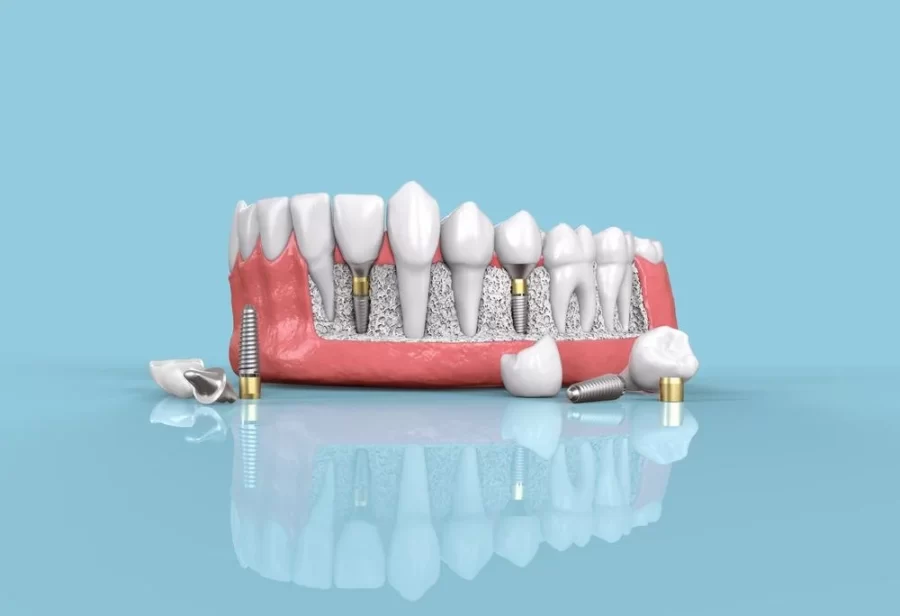
How soon after the missing teeth procedure can you eat normally again?
You should avoid all food and drink that may damage the healing process such as very hot or cold foods, citrus fruits, and carbonated drinks. Normal eating can resume within 24 hours after the surgery, but it’s important to maintain good oral hygiene at this time to prevent infection. It’s also important that you’re brushing and flossing the area where the surgery was performed, as this will help reduce any swelling and speed up the healing process. You’ll also be given antibiotics at the time of the surgery, which will help prevent infection. You’ll continue taking these for about 10 days after the surgery.
Can Dental Implants be used to restore single teeth?
While dental implants are most commonly used to replace a row of missing teeth, they can also be used to restore a single tooth. To do this, an implant is placed into the jawbone adjacent to the tooth, and then a bridge is fused onto the implant to give your tooth a new anchor. This procedure is known as a “single tooth implant”.
What are the costs associated with dental implants?
The average cost of implant procedure is between $5000 – $8000, though it varies depending on the type of implant, bone, dentist. It’s important to note that there are no dental insurance in India, so you may have to pay for them. You can reduce the cost of dental implants by doing your research and finding a suitable dental clinic in Mumbai with in-house facility. You can also ask your dentist about financing.
Risks associated with Dental Implants for missing teeth?
While the benefits of dental implants far outweigh any risks, there are some side effects that you’ll want to be aware of:
Swelling: This is normal and can last for about a week or two. You can help reduce swelling by avoiding any strenuous activity, resting, and applying ice.
Infection: It’s important to practice good oral hygiene at the site of surgery, including brushing and flossing, to prevent infection.
Worsening of allergies: For those who suffer from allergies, there is a chance they will worsen after receiving dental implants. This is because the titanium posts used in the installation of implants can trigger an allergic reaction in some people.
Which option is best for you @ Dental Clinic in Mumbai
Both dental implants and dentures are effective methods for replacing missing teeth, though each has its own set of advantages. Dental implants are the most natural-feeling and long-lasting option, but they can be expensive and require a two-step surgical procedure. Dentures are less expensive and can be purchased immediately, but they may slip and slide around while you chew and talk. Dentures can be uncomfortable, and they’re less durable than dental implants. It’s important to discuss your options with your dentist to determine which method is best for you.
Conclusion to Missing Teeth options
Dental implants are a safe and effective way to replace missing teeth. They’re a long-term solution that can last anywhere between 10 to 30 years, and can help you regain the confidence and self-esteem that you’ve been missing. With a dental implant, you’ll be able to eat and chew with ease, smile and laugh with confidence, and feel more like yourself again. It’s important to remember that dental implants aren’t right for everyone, and that it’s important to discuss your options with your dentist to find the best solution for your situation.
Follow Us For More Updates
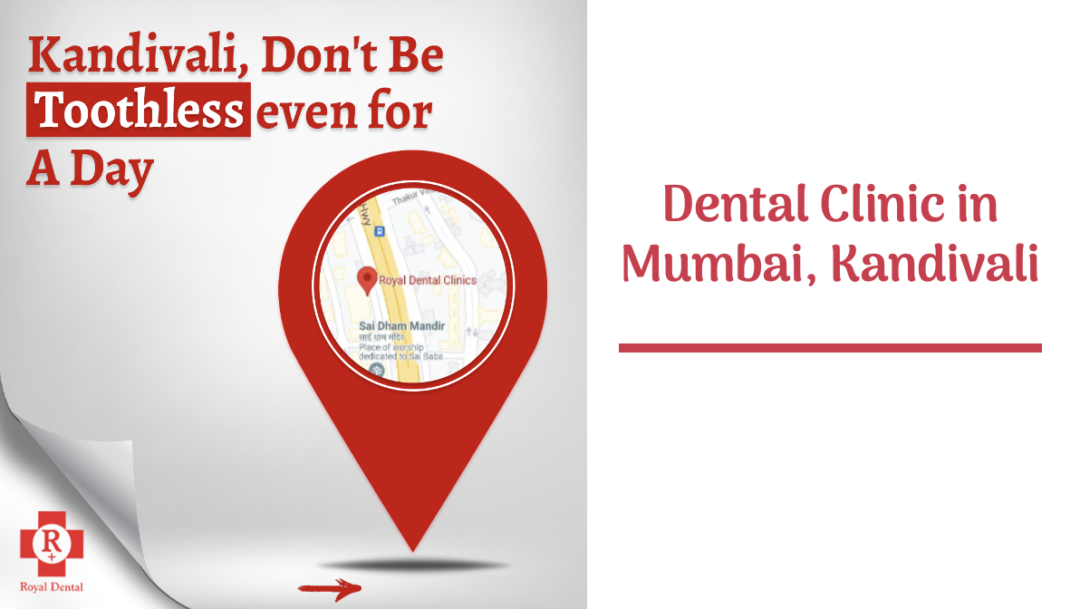
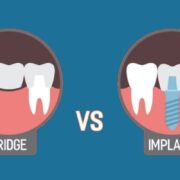
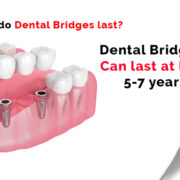


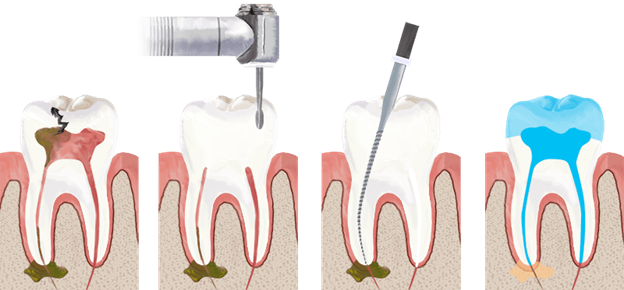
very very good royal dental clinic